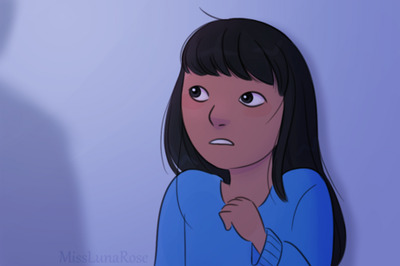
views
Bangladeshi Prime Minister Sheikh Hasina fled her palace on Monday amid escalating protests demanding her resignation, with violence surging across the country.
READ MORE: Bangladesh Protests LIVE Updates: Sheikh Hasina Arrives In Agartala After Fleeing Dhaka; Plans To Depart For London
Reports suggested that Hasina had left the capital for a “safer place,” as crowds celebrating her departure danced on top of a tank and waved flags. The situation intensified after weeks of demonstrations over a controversial job quota system evolved into widespread calls for the 76-year-old leader to step down.
What Next For Bangladesh?
In a statement, Hasina’s son, Sajeeb Wazed Joy, urged security forces to prevent any unauthorized government takeover, stressing the importance of upholding the constitution. The army chief, Waker-Uz-Zaman, is expected to address the nation later today amid the turmoil.
The protests, which started last month over civil service job quotas, have turned into some of the worst unrest during Hasina’s 15-year rule. The demonstrations saw their deadliest day on Sunday, with at least 94 people killed, including 14 police officers. The total number of fatalities since the unrest began in early July has reached at least 300.
Protesters defied a curfew imposed by the government, flooding Dhaka’s streets and clashing with security forces. Internet access was restricted, offices closed, and more than 3,500 factories were shut as part of the response to the crisis. The Business Standard newspaper estimated that up to 400,000 protesters were in the streets, though this figure could not be independently verified.
United Nations rights chief Volker Turk condemned the violence, calling for an end to the “shocking violence” in Bangladesh. Ali Riaz, a politics professor at Illinois State University, described the unrest as “an unprecedented popular uprising,” highlighting the severe state response and the widespread participation across society.
Protesters in Dhaka were seen vandalizing a statue of Hasina’s father, Sheikh Mujibur Rahman, the country’s independence leader. The army’s response has been notable, with some soldiers and police not intervening to control the violence, a shift from earlier months of crackdowns. Former army chief General Ikbal Karim Bhuiyan has demanded that the government withdraw troops and allow peaceful protests.
The protests began over a job quota system, which reserved more than half of all government jobs for certain groups. Despite the scheme being scaled back by Bangladesh’s top court, unrest has continued, reflecting deep dissatisfaction with Hasina’s administration.
(With agency inputs)
Catch the latest developments on Bangladesh’s political unrest in our live blog.



















Comments
0 comment